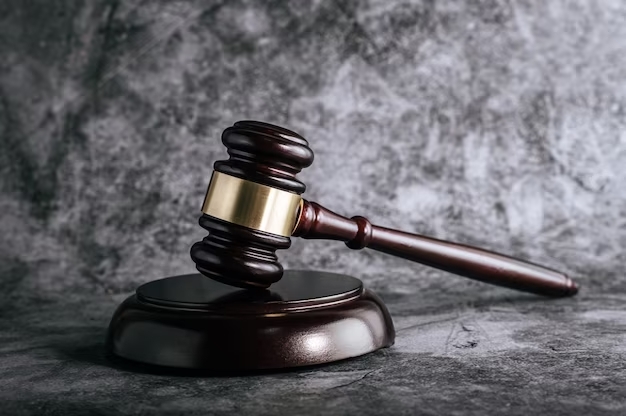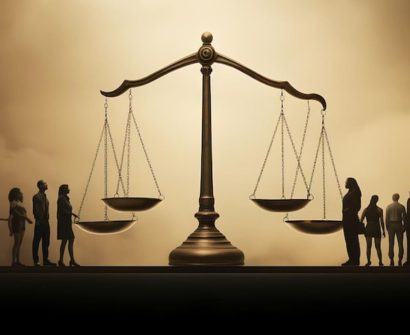
India is among the most populous nations in the world, with a diverse population and rich heritage of culture. Drafted in 1950, the nation’s constitution is an extensive document that grants its residents an extensive range of fundamental rights. Despite these legislative safeguards, there is still plenty of concern about India’s human rights scenario, with different groups and regions seeing varying degrees of protection and infringement.
human rights: About
- Human rights are inherent to our existence as sentient creatures.
- All of us have these inalienable rights, regardless of our gender, nationality, ethnicity, colour, religion, language, or any other characteristic.
- They include the most basic, the right to life, as well as those that are essential to a fulfilling life, like the rights to food, shelter, employment, health care, and liberty.
characteristics of human rights
- Because human rights are universal, everyone is entitled to them regardless of caste, creed, race, religion, nationality, or place of birth.
- These rights are unalienable. A lot of philosophers think that these are inalienable natural rights, bestowed by God, that no one can alter or take away.
- These rights are interconnected and indivisible. A government must defend its citizens’ other rights if it grants one right. For instance, in order to safeguard its citizens’ right to life, the government must uphold their right to a fair trial and ensure that they have access to clean water, food, and shelter.
- They are there from birth and are intrinsic to every individual.
- If the man does not exercise his rights or is unaware of them, they are still there.
- They defend people’s individuality and dignity. A person’s dignity is safeguarded by rights such as the right to life, the right to liberty, the right to be free from unjust detention and punishment, etc.
human rights violations
Directly or Intentionally:
- Violations may arise from the state’s deliberate actions, or they may originate from the state’s negligence in preventing the violation.
- A state may violate human rights through the actions of its police, courts, prosecutors, government officials, and other agents.
- A breach of rights can involve physical violence, as in the case of police brutality, or it can involve no physical violence at all, as in the case of the right to a fair trial.
The State’s Inability to Defend Rights:
- When there is disagreement between people or groups in a society, the state fails to protect people’s rights.
- The state is complicit in the violations if it takes no action to step in and defend vulnerable individuals and groups.
- In the US, lynchings of Black Americans were commonplace, but the government did nothing to protect them.
human rights in india: Status
- Caste-based Prejudice and Violence: Over 3.91 lakh atrocities against Dalits were registered between 2009 and 2018, a 6% increase in crimes against them, according to a report published last year.
- Ethnic and Communal Violence: Numerous individuals attacked by vigilante cow protection groups were members of minority communities. In India, African Americans experienced racism and prejudice.
- Freedom of Association: Despite the United Nations’ (UN) protests that this was against international law, the government revoked the registration of a number of civil society organizations, particularly barring them from receiving foreign financing.
- Freedom of Expression: A number of people were detained under sedition laws for voicing their disagreement with the policies of the government, and a number of Indians were detained for even making remarks on Facebook.
- Violence Against Women: The National Family Health Survey (NFHS), which was just issued, indicates an increase in the number of domestic and sexual violence cases against women in the state.
- Children’s Rights: 1,28,531 crimes against children were reported in India in 2020, according to information gathered by the National Crime Records Bureau (NCRB). This suggests that during the pandemic, 350 such incidents were reported on average every day.
human right issues: How to Tackle Them?
- Assure Prompt and Efficient Service Delivery: One of the main causes of human rights violations is corruption in governance, which impedes the prompt and efficient execution of public policies and initiatives. Appropriate administration and oversight should ensure the timely and effective provision of services.
- Emphasis on Developing and Underdeveloped Countries: These countries account for the majority of human rights violations. Thus, it is important to allow emerging and impoverished countries the chance to adopt and maintain policies related to the violation of human rights.
- Significant Overhaul of the NHRC: Regarding India, a significant overhaul of the NHRC is necessary to make it a more potent monitor of violations of human rights throughout the country. The legal bindingness of the commission’s recommendations will increase the NHRC’s efficacy. If India’s human rights status is to be strengthened and improved, state and non-state actors need to work together and take the initiative.
Conclusion
Every nation’s residents are entitled to fundamental rights, which are established by human rights. These are the inalienable, universal, and interconnected fundamental rights that every human being possesses from the moment of their birth until their death.










